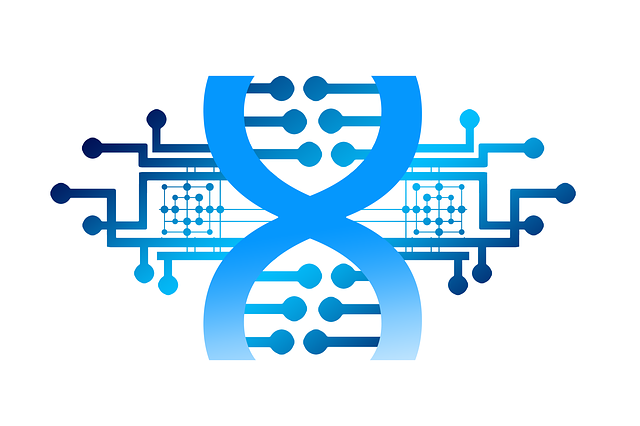13 Nov. 2020. Four companies from the computer technology and genomics industries are starting a coalition to advance DNA as a data storage medium. Twist Bioscience Corp., Illumina Inc., Western Digital, and Microsoft are the founding members of the DNA Data Storage Alliance, joined by 10 other organizations, businesses, academic labs, and research institutes.
Advances in informatics, such as artificial intelligence, the Internet of things, and autonomous vehicles, are expected to create massive data volumes that stretch current data storage facilities, such as data centers, to their limits. These demands will likely lead to a need for ever-larger physical plants, higher power consumption, and much higher costs, but building more of these large and expensive facilities is becoming increasingly unfeasible and not sustainable.
The new collaboration aims to create a comprehensive industry roadmap for archival data storage with DNA. That roadmap, say the founders, will provide the foundations for cost-effective DNA data storage, but also encourage interoperable solutions. The alliance expects as well to develop use cases for DNA storage in various industries and promote adoption of the technology. The founding companies announced the alliance at the Flash Memory Summit, held virtually this week.
DNA, say the companies, is a desirable medium for data storage. Instead of coding data as 0s and 1s as in digital media, DNA codes data in the four bases found in DNA molecules: adenine, cytosine, guanine, and thymine, or A – C – G – T. The stored data are then written in short synthetic DNA segments, with each segment prefaced with an indexing code pointing back to its original position in the file. Genetic sequencing routines can then read and decode the stored DNA data into the original file.
“DNA is an incredible molecule that, by its very nature, provides ultra-high-density storage for thousands of years,” says Twist Bioscience CEO Emily Leproust in a company statement. DNA’s density, say the companies, allows for data equivalent to 10 full-length digital movies to be stored in a volume the size of a grain of salt. And DNA stores can be physically contained in capsules, pellets, or glass beads.
Microsoft Research in Redmond, Washington is already collaborating with Twist Bioscience, in South San Francisco and University of Washington in Seattle, one of the academic members of the alliance, to illustrate the feasibility of DNA data storage. “In collaboration with University of Washington,” says Karin Strauss, senior principal research manager at Microsoft, “we have demonstrated a fully automated end-to-end system capable of storing and retrieving data from DNA, and we have separately stored 1GB of data in DNA synthesized by Twist and recovered data from it.”
Founding company Illumina Inc. is a developer of genomic sequencing systems, while Western Digital is a maker of data storage devices and systems. Joining the DNA Data Storage Alliance are the synthetic biology companies Ansa Biotechnologies, Catalog, DNA Script, Iridia, and Molecular Assemblies, with academic labs at University of Washington, and École Polytechnique Fédérale de Lausanne, or EPFL, and ETH Zurich in Switzerland, and the R&D hub organization Imec.
Also joining the alliance is the Claude Nobs Foundation that works with EPFL to digitally archive more than 15,000 hours of concerts from the Montreaux Jazz Festival.
More from Science & Enterprise:
- Software Designed to Model, Visualize Brain Circuits
- Individual Cells Explored with Virtual Reality
- High-Capacity Brain Signal Reader Demonstrated
- Microscopic Optical Sensor Circuits Demonstrated
- Business-Academic A.I. Research Network Formed
* * *


 RSS - Posts
RSS - Posts
You must be logged in to post a comment.